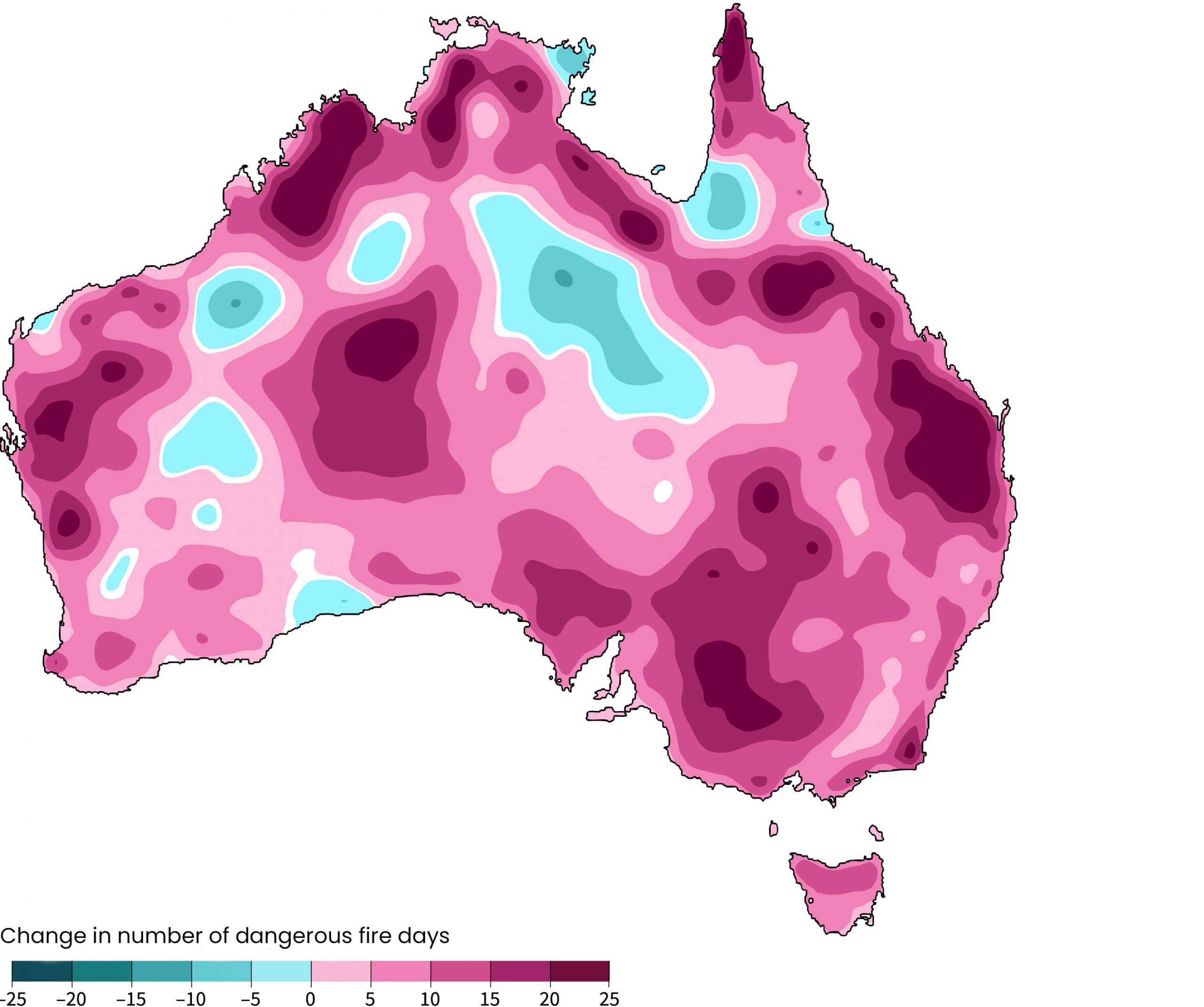The evolving nature of extreme weather risk in construction
Construction has always been a sector impacted by weather related risk. Even seemingly minor disruptions such as increased rainfall or heatwaves can cause delays and inflate project costs. But it is the more extreme weather incidents that have presented in recent years with increased frequency and severity that herald a new age of weather risk affecting the industry.
Australia’s State of the Environment Report 2021 (released 19 July 2022) has examined the impact of extreme events on the built environment. The report notes the increased frequency and intensity of extreme events and the changes in distribution of extreme events. These changes are making it increasingly difficult to assess how likely it is a site may be affected by fire, storm, flood or other weather events as impacted locations continue to expand past historic fire or flood zones.
As an example of the impact climate change is having on the frequency and location of severe weather events, the below graph taken from the report examines the changing nature of bush fires, namely the geographical areas of Australia which have seen an increase to the number of dangerous fire weather days over the past 70 years.

The report also indicates that policies and regulations relating to building codes will need to evolve to encompass events likely to occur in the life of a structure and such codes will also need to be applied to maintenance activities.
How extreme weather is impacting construction
- Unpredictability of extreme events making planning more difficult.
- Equipment damage claims escalating in incidence and value.
- Material scarcity, for example loss of timber plantations due to extreme weather events creating further pressure on availability of imported timber.
- Increased risk of site accident & injury where sites are impacted by extreme weather.
- Construction delays arising from saturation of the ground.
- Civil Construction is of particular concern – insurers have suffered severe losses on road projects over the past 15 years and often seek to exclude cover for rain events which are within a 1:20 year likelihood.
Ways weather risks can be managed:
- Prioritise weather awareness – checking both long and sort range forecasts regularly can give valuable lead time to prepare your work site ahead of a weather event and reduce damage to materials and equipment.
- Review health and safety protocols to encompass extreme weather situations. Weather events can arise rapidly so ensure workers are aware of best practice when faced with a range of extreme weather situations. Responses to hail storm will differ to extreme heat or protocols for high winds etc.
- Build the likelihood of inclement weather into your timeline. Being realistic about the likelihood of weather delays rather than hoping for the best will reduce unexpected and costly delays as they will have already been factored into the project plan. Realistic timelines also reduce the risk of on site injury and accidents that occur when time pressures and longer working hours are a factor.
- Understand the seasonal weather patterns and how they can potentially delay the construction timeline.
- Review your exposures – soil type and drainage, weather management, storage of equipment and PC Items (safeguard from water and flooding - don’t store anything in the basement!)
- Attain adequate cover – generally insurance policies will provide protection against damage arising from weather events, however Insurers will want to understand how weather is being managed, and look at the construction Gantt chart to see when a project will become watertight.
- Consider emerging products such as Parametric insurance. While not designed to provide “all risk” cover, it can be of benefit where extra financial protection may be required. For example, cover from weather events where heat, frost and rain delays on construction sites can trigger liquidated damages under contract.
Risk management for construction professionals is a highly specialised area and it is essential your advisor has a comprehensive understanding of your business activities and current market conditions. For further information or to obtain a quote, please contact us via the form below.




